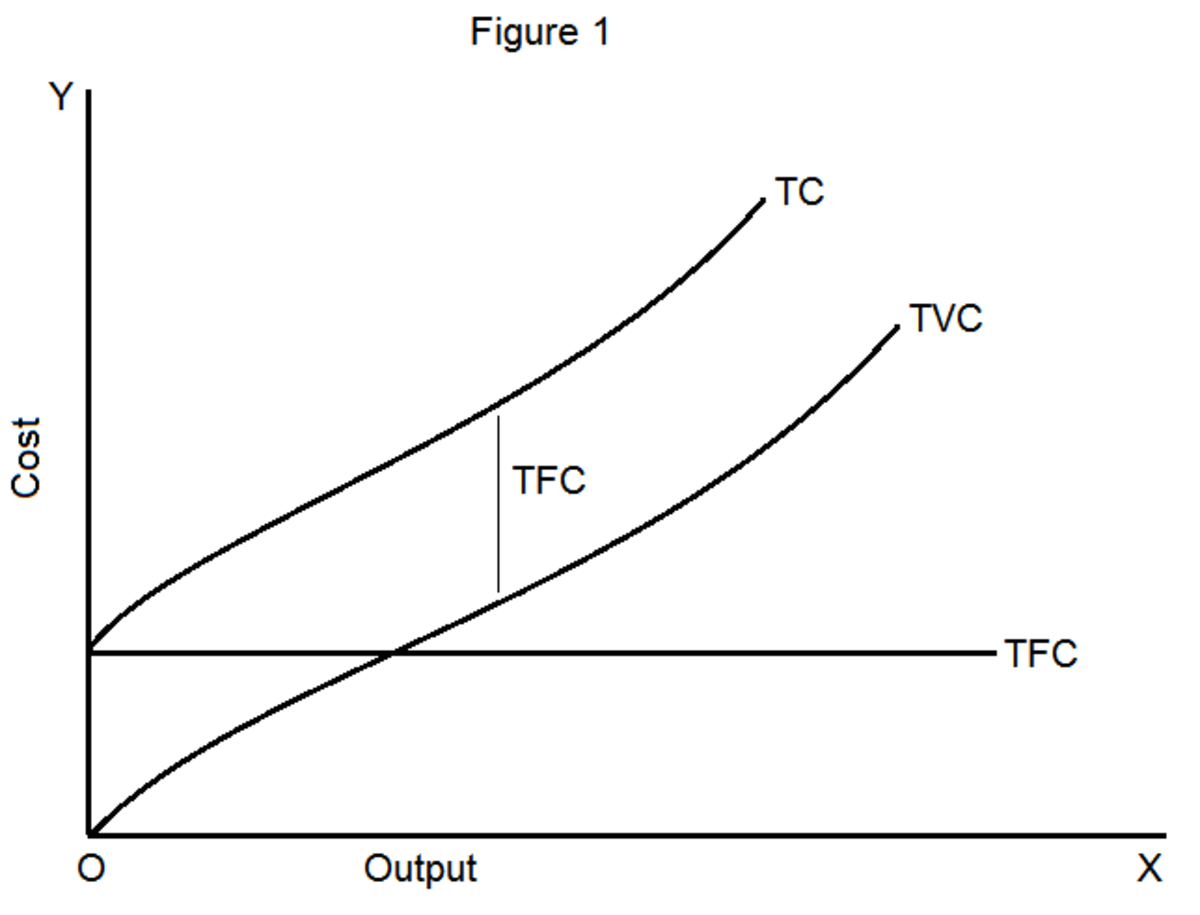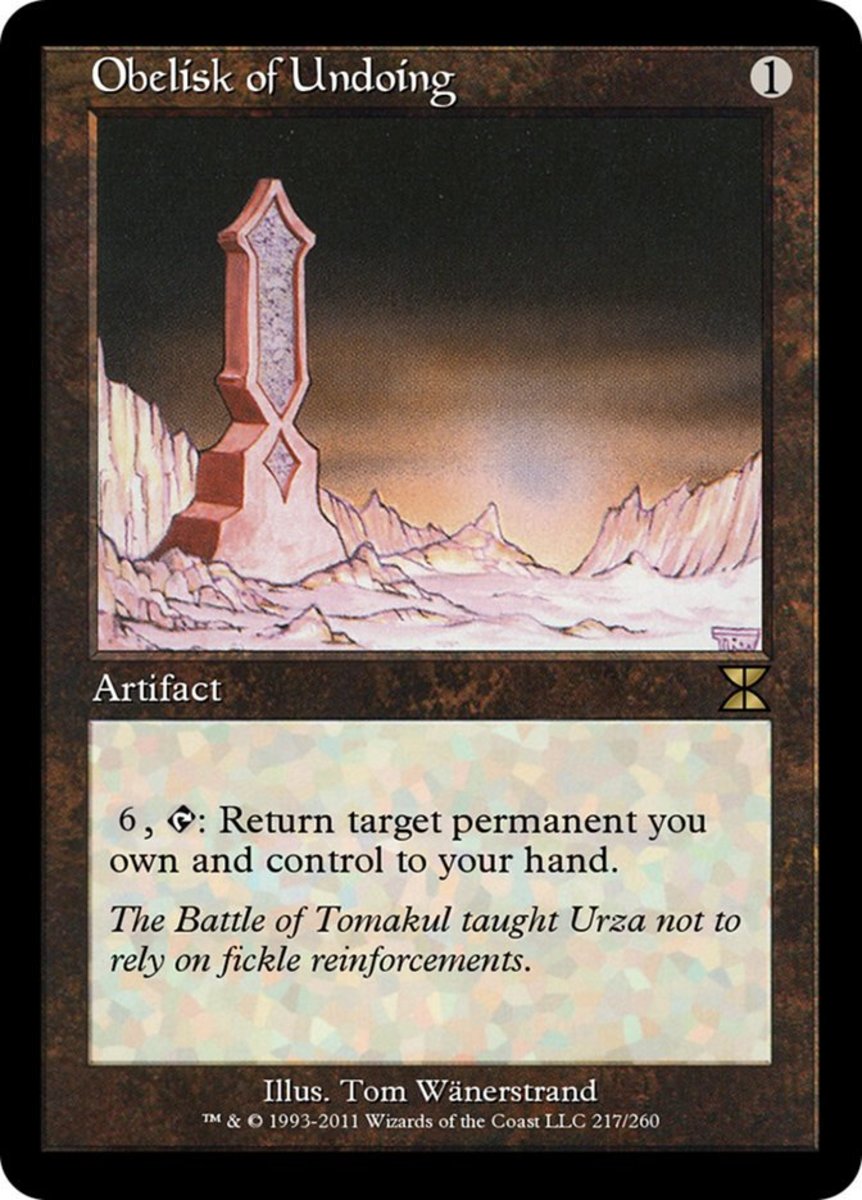If It Quacks Like A Duck...

Other Stuff by Springboard
- Good Morning, Bugbear
Poems are not something I find myself writing often. In fact, poems are pretty hard to write. You have to fit so much in so little space, and that can prove rather difficult to be sure. I've often said that... - TO KILL A FLY
It was my father and I, grandma and grandpa, and my Uncle Ron. And the flies. They were everywhere. On the table, on the chairs, swooping and buzzing and regurgitating around the myriad snack bowls and soda cans. The white exterior walls of - The Gift of Heartfelt Sentiment
I got the most amazing letter just the other day from my young nephew that really brought a smile to my face. It's one of those special things in life that you just can't get from anything else, or from... - LOTTERY PAYOUT: THE DREAM OF THE BIG WIN
Most people think shelling out $1 for a ticket is a waste of money, but consider that even if you played for your entire life and never won, it's still a good investment.


Enough already with the fees, man!
I am really beginning to hate the word "fee." I think it's a word that has all too quickly become something used in the business world in the place of the term price increase, in much the same way that the tax man has seen fit to use the word in the place of the term, new taxes.
"No, sir. This is not a tax. It's simply a fee."
Try this one on for size if you will. "No, sir. We did not raise our price. We simply added a fee."
Ah, but of course. You are right. How could it possibly have occurred that I may have gotten the two words confused? It's not a tax. It's simply a fee paid—never mind that that fee we're talking about is paid to a government agency. How silly of me to have thought that it could be a tax. And yes. Here it is as plain as day before my very eyes. How silly of me again. The last time I stayed at your hotel it was $40 a night. And here it is in plain writing—it's still just $40 a night. You have not raised your price at all. The additional $11.95 a night is simply a fee.
That's a resort fee in case you were wondering
Yeah, I paid that. When my wife and I visited Las Vegas this past May, we paid an additional $12 a night for our resort fee. According to our travel agent, it's something they started doing a year or so ago to cover expenses like providing towel cleaning services, for example. They were added to help pay for those little fancy wrapped bars of soap they leave for you along the sink, and they were added to help pay for those convenient little bottles of shampoo and conditioners they typically provide guests.
All of which in the past were, of course, a part of the room rate. Were they not?
Oh yes. The resort fee is also used to help pay for the maid to come in every day and turn the sheets.
Did I miss something?
Are any of these services new? Did they (the hotels) only recently start offering the maid to come into your room and spruce it up? I thought that this was standard operating procedure for any hotel operation. Wasn't this always a part of the room rate that the guest paid? Wasn't this service a part of the product.
Here's a thought, if I may go on a bit of a stretch here. If I go into a McDonald's do I buy the soda and then get charged a cup fee? A server's fee? Perhaps a fountain machine service and maintenance fee?
Okay. The reality is that I do pay for all of that. No question there. Obviously what I ultimately hand to the girl behind the counter for my soda at McDonald's includes the cost of that restaurant's overhead. Of course it does. It's simply a part of the total cost of my soda. It's built in.
So, what does the word "fee" mean to me? Hidden cost. Plain and simple. You advertise one price, and then start adding on things.
Baggage fees are getting ridiculous too
Look, I fully understand that there are plenty of passengers who board a plane and would bring along with them everything but the kitchen sink if they could. I never knew exactly how much stuff a person could travel with until I got married and took the first trip with my wife.
So, you set a standard weight limit for everyone's baggage. Fine. Total weight is "x." We'll all live with that. But when you start to tack on fees for every little thing, it just starts to get really annoying, and you start to feel like the whole idea of, "What price is it?" is moot. No one wants to stand there at the ticket counter and hear fees being tacked on. The person behind the counter starts to sound more like a cash register dinging than a person at all, as your ticket quickly jumps from a $300 ticket to a $500 one. (Okay, that may be a slight stretch, but I'm just saying!)
And yes. You can argue all day that perhaps a guy with 5 bags should pay more than a guy with 2. Maybe. But again, setting a weight standard eliminates that. Everyone is entitled to bring the same weight. If you choose to take less than that, so be it.
The bottom line is to come up with an average cost for your overhead overall, determine what your desired mark up is, and charge me one price. As a matter of business, you'll eat the cost on some and make up the cost on others.
But I don't feel sleighted in the process.
An argument I had with my insurance agent once, and believe it or not I thought the insurance company had it right (God help us all when that happens!)
He kept talking to me about replacement value. It was because my insurance rates went up, and I was disputing the logic. He said to me that the cost to rebuild my house from the ground up was now more costly than it was before. I told him, "Well, that is only in the event that the house completely burns down." He agreed. "I live in the city," I told him. He agreed. "In a one mile radius I have about 3 fire stations." Okaaaay? he said, suddenly sounding a bit lost. I went on, "Who's house is more likely to burn to the ground? My house in the city with 3 fire stations within a mile of my house, professional fire stations mind you, or a house in the country with one volunteer fire station which is likely much farther away?"
Now finally understanding the point that I was trying to make, he of course he told me that in the grander scheme it doesn't matter what the individual contribution to the risk is. It's based on a national average. The rate is one rate that is based on the combined likelihood that my house will burn to the ground.
This little fact is irksome in that it likely costs me more in insurance premiums per thousand of claims value than say, a guy who lives in the boonies whose house is far more likely to be a pile of charcoal long before the first water hose even arrives on the scene. But, in a way it also makes sense to me that it is better to tell me one price. Keep it all out, and open, and on the table. One price. "This, sir, is your rate." No fees for this risk, or that risk. No hidden costs. Just one price.
Yes. Everyone's rates are technically different. But the method for factoring the rates is the same.
Hotels and airlines should take note—and perhaps the government too
Why not simply say the price is going up? If it has to go up, it has to go up. Look, I get that inflation occurs. I certainly can relate to expenses going up. My expenses go up all the time. But just be honest about it. Add up the average cost of providing for my baggage (based on that standard weight I talked about), add up the average cost of the ammenities and services you provide me when I rent a room at your hotel, add up the average cost of a mile at whatever price the gas may be, and simpy include it all in the price of the product you are selling to me. I'd rather pay a few pennies more for the average than have umpteen million hidden fees tacked on.
And what of the government? Apply the same rules. Be honest. (Okay, the words honest and government really don't ever feel right together, I'll concede that) Look, if it costs you "x" amount to run the FCC, then include it in the income taxes I already pay to you for everything else. I know the FCC fees that show up on my cable bill and my telephone bill every month is a tax and not a fee. I know that when you say you're not raising my taxes, you are lying to me straight to my face when suddenly I find myself paying fees to the government. And when you tell me that I'm the important customer, and you're not raising the price for me, just adding fees is all, I know you are lying to me as well. You are taking me for a fool. You are taking me for someone who can be soaked, and nickled and dimed at.
You are manipulating me. And that doesn't make me feel very important at all.
In the not so distant past, companies would not be so eager to tack on such fees. Lately, however, this whole fee idea has become all the craze. Everyone's doing it. Everyone's adding fees. And why? The argument is always, "Costs, my man. Costs to get product to you. Costs to carry product for you. Cost to provide additional services to you. It all adds up. Can you dig it?"
I can dig it all right. Hmm. Businesses only seem to understand those justifications when it applies to their costs apparently.
Funny. When I went to my boss and told him, "Sir, I know I work for $15 an hour. But here's the thing. The cost of my soap to wash my uniform has gone up. I'll have to charge you an extra 15 cents an hour for that. And gas. Whew! Have you seen those prices? It costs me more to get to work everyday now too, so I'll have to tack on another 25 cents an hour for that. Let's see, you require me to have a clean shave every day, and those razors?...Now, this is NOT a pay raise, sir. These are simply fees..."
I seem to recall getting met with a big smile, and then a stern look. "That's pretty funny. Now get back to work."
The bottom line is that if it quacks like a duck, it sure in the hell ain't no damn swan.
Some Hubs I Found Funny
- Size really does matter
A humorous look at the perceptions related to size. - Eat Your Pork Slowly
Haskell Sizemore is a pig farmer. There arent too many of em left in this part of Tennessee cause there aint much money in raising pork anymore. Still, Haskell hangs on. Im pretty sure raisin... - Things You Should Never Do To Your Mother: How Rolling Bowling was Born
Once upon a time there was a little boy named Binky and a little girl named Rachael. Their sole purpose in life was to drive their mother absolutely crazy. One lazy Saturday morning mom and big sister...










